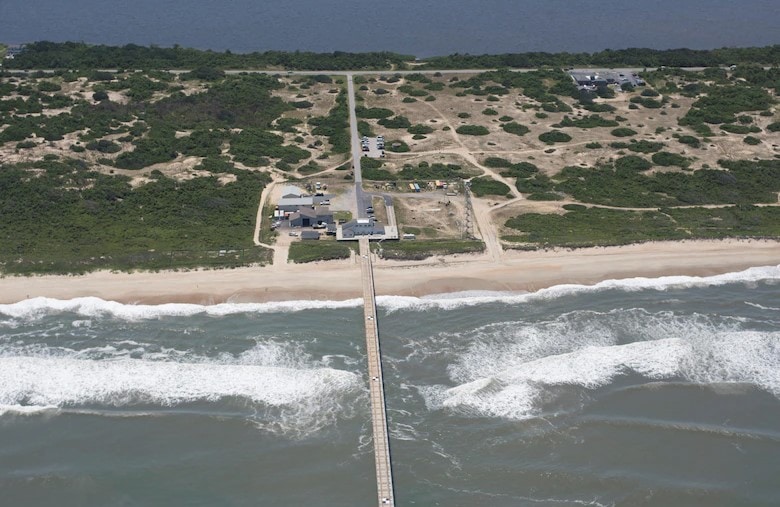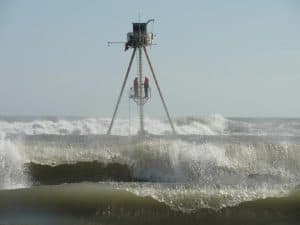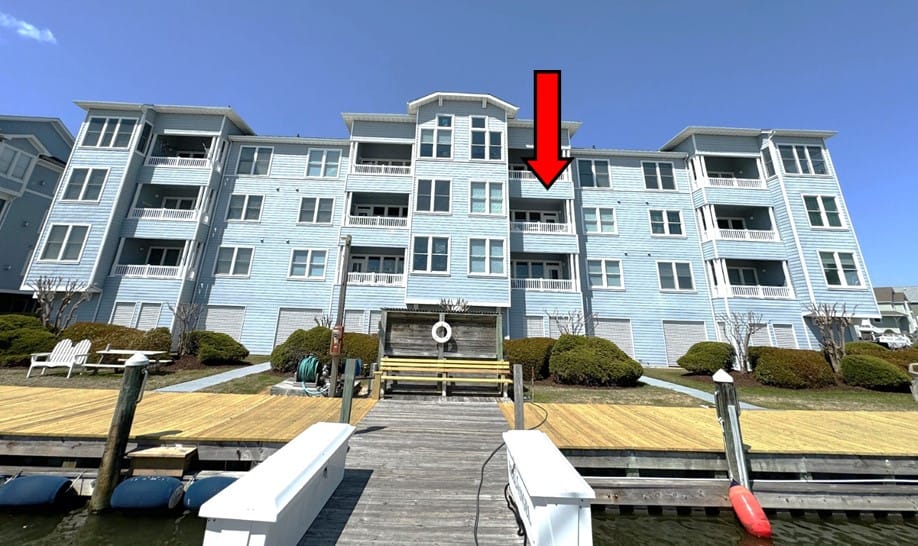The Duck Research Pier
The Duck Research Pier, located in the small coastal town of Duck, North Carolina, is an iconic facility that plays a significant role in coastal studies and environmental research. This article delves into the history, purpose, and impact of the Duck Research Pier.
History and Establishment
The Duck Research Pier was established in the 1970s by the United States Army Corps of Engineers. The primary objective was to conduct detailed studies of coastal processes, which were crucial for understanding beach erosion and shoreline management. Over the years, it has become a hub for scientific research, attracting experts in geology, oceanography, and environmental science.
The Facility
Spanning approximately 1,840 feet into the Atlantic Ocean, the pier is equipped with state-of-the-art instruments. These tools measure wave dynamics, sediment movement, wind patterns, and other environmental parameters. The data collected is invaluable for predicting coastal changes and developing strategies for coastal management. The facility is equipped with various instruments and specialized vehicles like the three-wheeled “CRAB” to record changing waves, winds, tides, and currents. The FRF’s research projects include studies to improve emergency response to cyclones, coastal flood hazard analysis for FEMA, and nearshore ocean depth surveys. The facility is not open to the public, but it encourages the use of its facilities and data by other government agencies, universities, and private companies.
Research and Studies
The Duck Research Pier is renowned for its long-term monitoring programs. These programs track changes in beach profiles, analyze the impact of storms on coastal erosion, and study the dynamics of barrier islands. Research conducted here has significantly contributed to our understanding of coastal ecosystems and their response to natural and human-induced changes.
Educational and Community Impact
Apart from research, the pier serves as an educational resource. It hosts students, researchers, and educators, providing hands-on experience in coastal science. The facility also engages with the local community, offering insights into coastal management and the importance of preserving delicate marine environments.
Challenges and Future
Like many coastal facilities, the Duck Research Pier faces challenges such as rising sea levels and increasing storm intensity due to climate change. These challenges highlight the pier’s role in developing adaptive strategies to protect coastal communities.
In the future, the Duck Research Pier aims to expand its research scope, incorporating advanced technologies like remote sensing and computer modeling. This evolution will enhance our understanding of coastal processes and assist in the development of sustainable coastal management practices.
Conclusion
The Duck Research Pier in Duck, NC, stands as a testament to the importance of coastal research. Its contributions to science, education, and community awareness make it a vital asset in the realm of environmental studies. As we face the challenges of climate change, the work conducted at this facility will be crucial in shaping our approach to coastal conservation and management.
Since 2003 Matt Huband-Broker/Owner of OBX Realty Group has ranked in the top 7% of all Realtors on the Outer Banks in totals sales and sales volume. With his years of experience and extensive area knowledge Matt can help you find the right property in Duck. To learn more about buying real estate on the Outer Banks of NC contact Matt today.
Current Listings for sale in Duck, NC:












